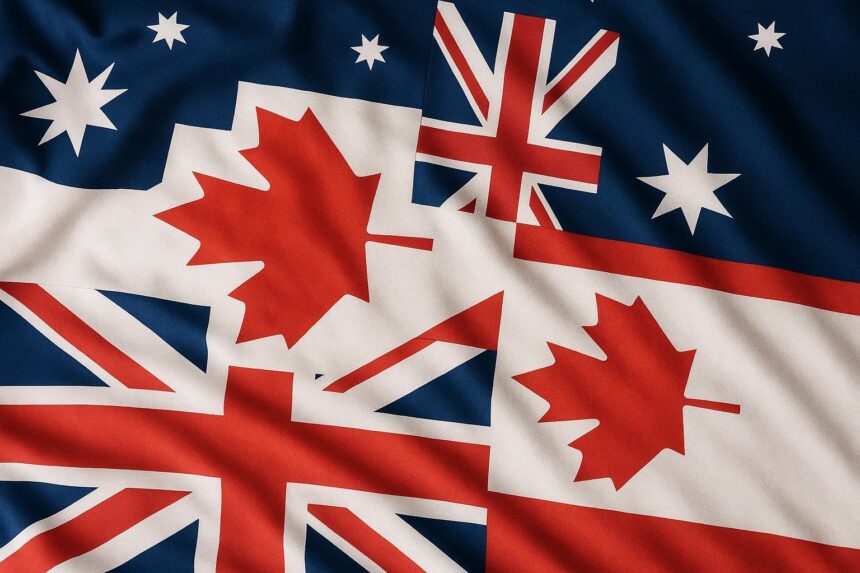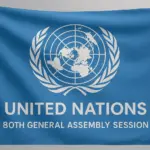London / Ottawa / Canberra, September 21, 2025 — In a landmark move reshaping Middle Eastern diplomacy, the United Kingdom, Canada, and Australia have formally recognised the State of Palestine. The coordinated announcements, made within hours of each other, mark one of the most significant international endorsements of Palestinian statehood in recent decades.
A Historic Step
UK Prime Minister Keir Starmer confirmed the recognition during a parliamentary session, calling it “a necessary step toward reviving the two-state solution”. He emphasized that the decision was not a reward for Hamas, but a strategic move to strengthen moderate Palestinian leadership and push for long-term peace.
In Canada, Prime Minister Mark Carney echoed the sentiment, stating that Ottawa’s recognition came with conditions: the Palestinian Authority (PA) must implement governance reforms, commit to demilitarisation, and hold general elections in 2026, with Hamas excluded from participation.
Meanwhile, Australia announced its recognition in coordination with London and Ottawa, stressing its support for a peaceful resolution and international law.
Global and Regional Reactions
Israel immediately condemned the recognitions, calling them “premature and dangerous”, with officials warning that such decisions risk emboldening extremist groups. The Israeli government has called on allies in Washington and Brussels to withhold similar recognition until further security guarantees are in place.
In contrast, Palestinian officials welcomed the announcements, calling them “a historic victory for justice and diplomacy”. Celebrations broke out in parts of the West Bank, where residents expressed hope that the move could revive stalled negotiations.
The United States, while not yet recognising Palestine, has expressed support for renewed peace talks. Washington insiders say this coordinated recognition could pressure the U.S. to reconsider its long-standing position.
Implications for Peace Process
The recognitions come at a time when the UN General Assembly is in session, with Palestinian statehood already dominating discussions. Analysts believe the coordinated move by three G7-aligned democracies will shift momentum, potentially encouraging other nations in Europe, Asia, and Latin America to follow suit.
Political analysts say this development could:
- Push Israel and Palestine back to negotiation tables under international mediation.
- Encourage reform within the Palestinian Authority to gain further legitimacy.
- Create friction within the Western alliance, especially if the U.S. maintains its current stance.
Next Steps
Diplomatic sources suggest that the European Union may soon debate a bloc-wide recognition policy. Meanwhile, Arab League officials praised the announcements, urging more countries to align behind Palestinian statehood.
For now, the UK, Canada, and Australia’s decision represents not just symbolic recognition but a tangible diplomatic shift — signaling that the world may be entering a new phase in the decades-long Israeli-Palestinian conflict.






